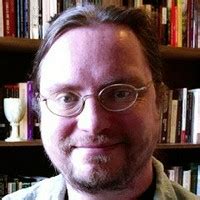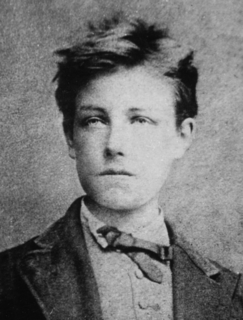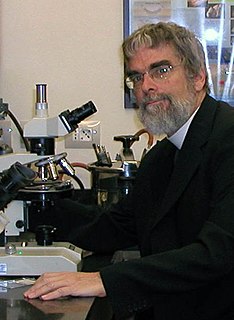A Quote by William Wordsworth
Related Quotes
For those who struggle with anti-pagan prejudices and stereotypes, Humanist Paganism might be a powerful educational tool. It can show that a pagan can be a sophisticated, cosmopolitan, and enlightened person, and that a pagan culture can be artistically vibrant, environmentally conscious, intellectually stimulating, and socially just.
Homer, Hesiod, Pythagoras, Plato, and Cicero, just to name a few, all lived in pagan societies. Some of the greatest political and military leaders of all time, such as Alexander the Great, Pericles of Athens, Hannibal of Carthage, and Julius Caesar of Rome, were all pagans, or else living in a pagan society.
The Pagan model of religion because, in the Pagan model, there were lots and lots of Gods and Goddesses. They were all incredibly beautiful and there were statues of them everywhere, which is the equivalent of magazines, or whatever, today. And they were fallible, which is different from being mono-, you know, Jewish or Islam (where) you have the infallible, monotheistic God.
The vestiges of pagan religion in Christian symbology are undeniable. Egyptian sun disks became the halos ... The pre-Christian God Mithras ... had his birthday celebrated on December 25 ... Even Christianity's weekly holy day was stolen from the pagans ... Christianity honored the Jewish Sabbath of Saturday, but Constantine shifted it to coincide with the pagans' veneration of the day of the sun ... To this day, most churchgoers attend services on Sunday morning with no idea that they are there on account of the pagan sun god's weekly tribute- Sunday.
Moral theory develops from the divine command theory of medieval Christian philosophy, mixed up with a bit of ancient pagan virtue theory, to the purely secular moral sentiment and interpersonal reaction theories of Smith and Hume, to Kant's attempt to restore command theory but with something supersensible in the individual rather than God as the source of authority.
Your Saying "God is Most Great" does not mean that He is greater than something else, since there is nothing else alongside of Him, so that it could be said that He is greater than it. Rather, the meaning of Allahu Akbar is that He is much too great to be perceived by the senses or for the depths of His Majesty to be reached by reason and logic, and indeed, that He is much too great to be known by an other-than-Him for truly, no one knows God but God.




































